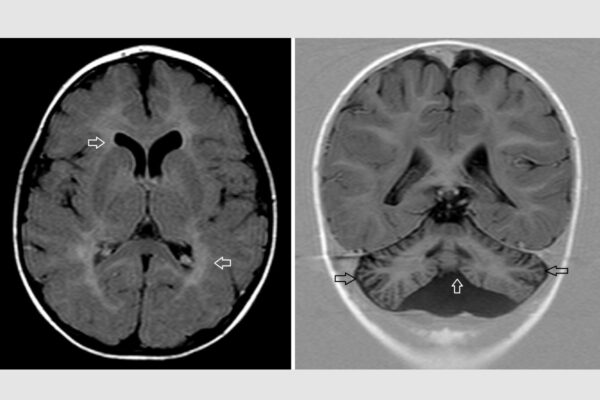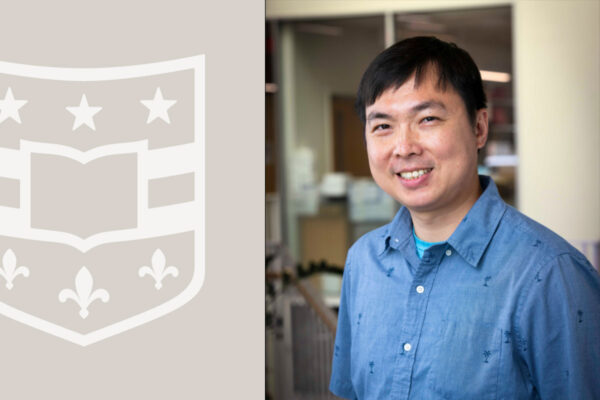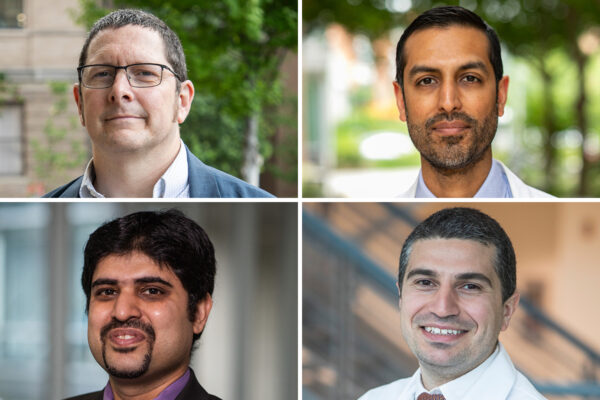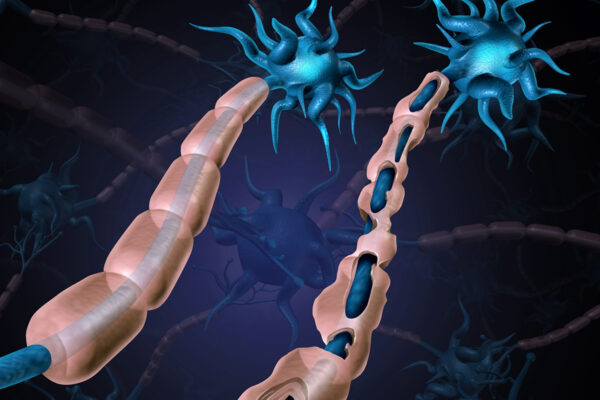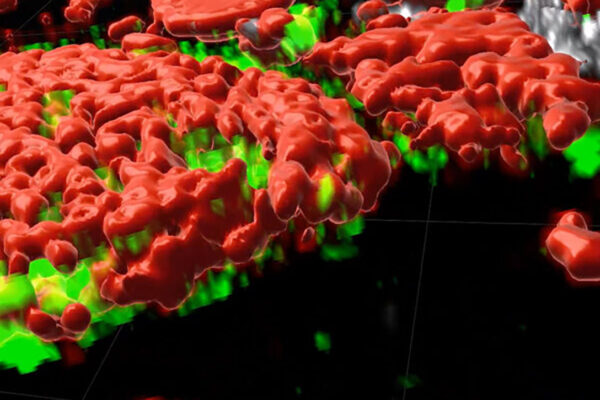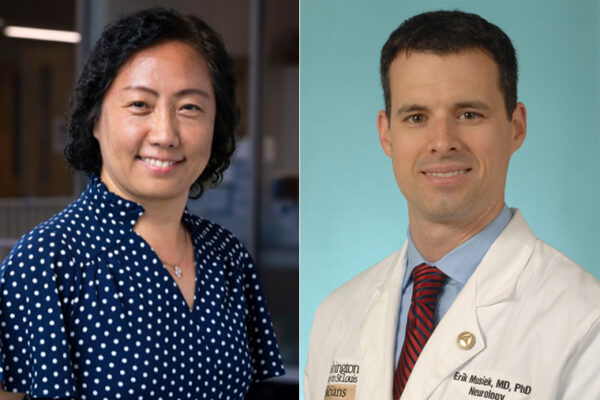Researchers solve medical mystery of neurological symptoms in kids
Researchers at WashU Medicine collaborated with an international team of doctors and scientists to identify the cause of a rare genetic disorder involving intellectual disability and brain malformations.
Jin receives NIH grant to study congenital hydrocephalus
Sheng Chih (Peter) Jin, an assistant professor of genetics at WashU Medicine, has received a $3.2 million grant from the National Institute of Neurological Disorders and Stroke of the National Institutes of Health (NIH) to study the genetic and molecular underpinnings of congenital hydrocephalus.
Four from radiology named Distinguished Investigators
Four WashU faculty members were named Distinguished Investigators by the Academy for Radiology & Biomedical Imaging Research.
Talk to address privacy, civil rights in health care
Melanie Fontes Rainer, director of the Office for Civil Rights at the U.S. Department of Health & Human Services, will discuss privacy and civil rights issues in health care at a Nov. 13 event hosted by the Weidenbaum Center on the Economy, Government, and Public Policy.
Healthy brains suppress inappropriate immune responses
Researchers at WashU Medicine have found a process in which the brain guards against attack by the immune system, opening opportunities to pursue new therapies for diseases such as multiple sclerosis and Alzheimer’s.
Complexity of tumors revealed in 3D
A new analysis led by WashU Medicine researchers has revealed detailed 3D maps of the internal structures of multiple tumor types. These maps could lead to new approaches to therapy.
Center helps secure Medicaid coverage for doulas in Missouri
Missouri’s Medicaid program now covers doula services statewide, an effort led by CAHSPER and community health leaders. The measure addresses the state’s alarming maternal mortality rates.
Zhao, Musiek receive NIH grant to study neurodegenerative diseases
Guoyan Zhao, PhD, and Erik Musiek, MD, PhD, both at WashU Medicine, have received a $433,000 grant from the National Institute on Aging of the National Institutes of Health (NIH) to study brain cells called astrocytes and their roles in neurodegenerative diseases, including Alzheimer’s and Parkinson’s.
How to grow food without light
In a new publication, researchers at the McKelvey School of Engineering make the case for electro-agriculture to help drastically cut carbon emissions.
Medicaid enrollment associated with higher risk of cancer death
Enrollment in Medicaid was associated with higher risk of death from a central nervous system (CNS) tumor, with an almost two-fold higher risk for young CNS tumor patients enrolled at diagnosis, finds a study from the Brown School at Washington University.
Older Stories
